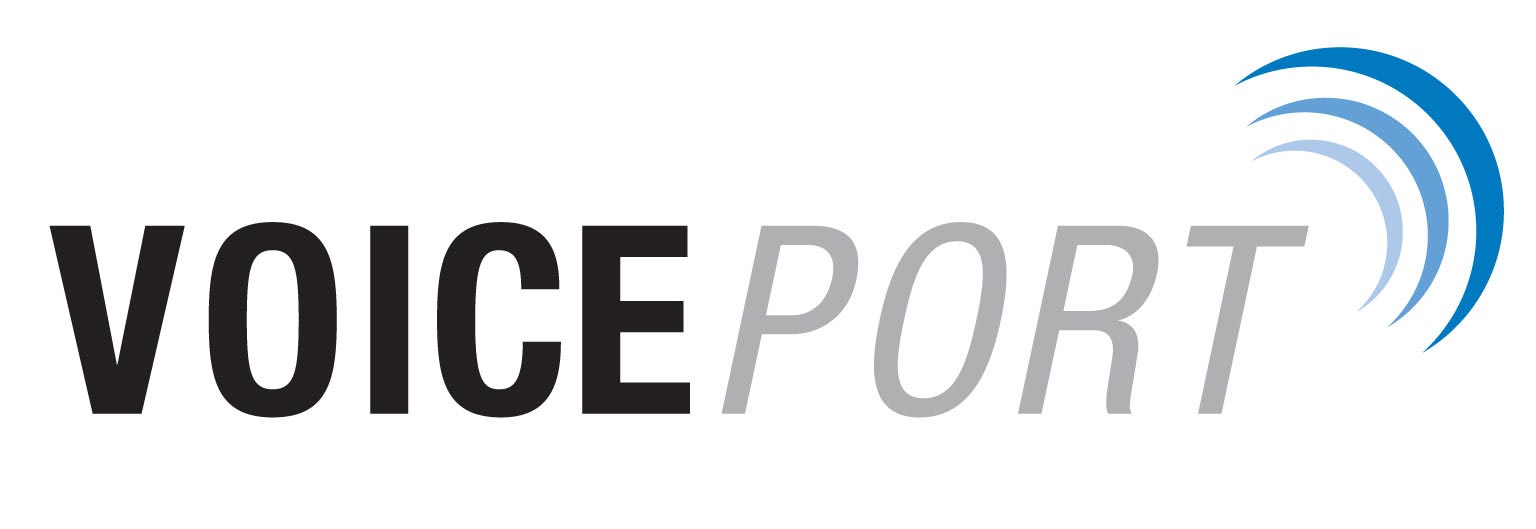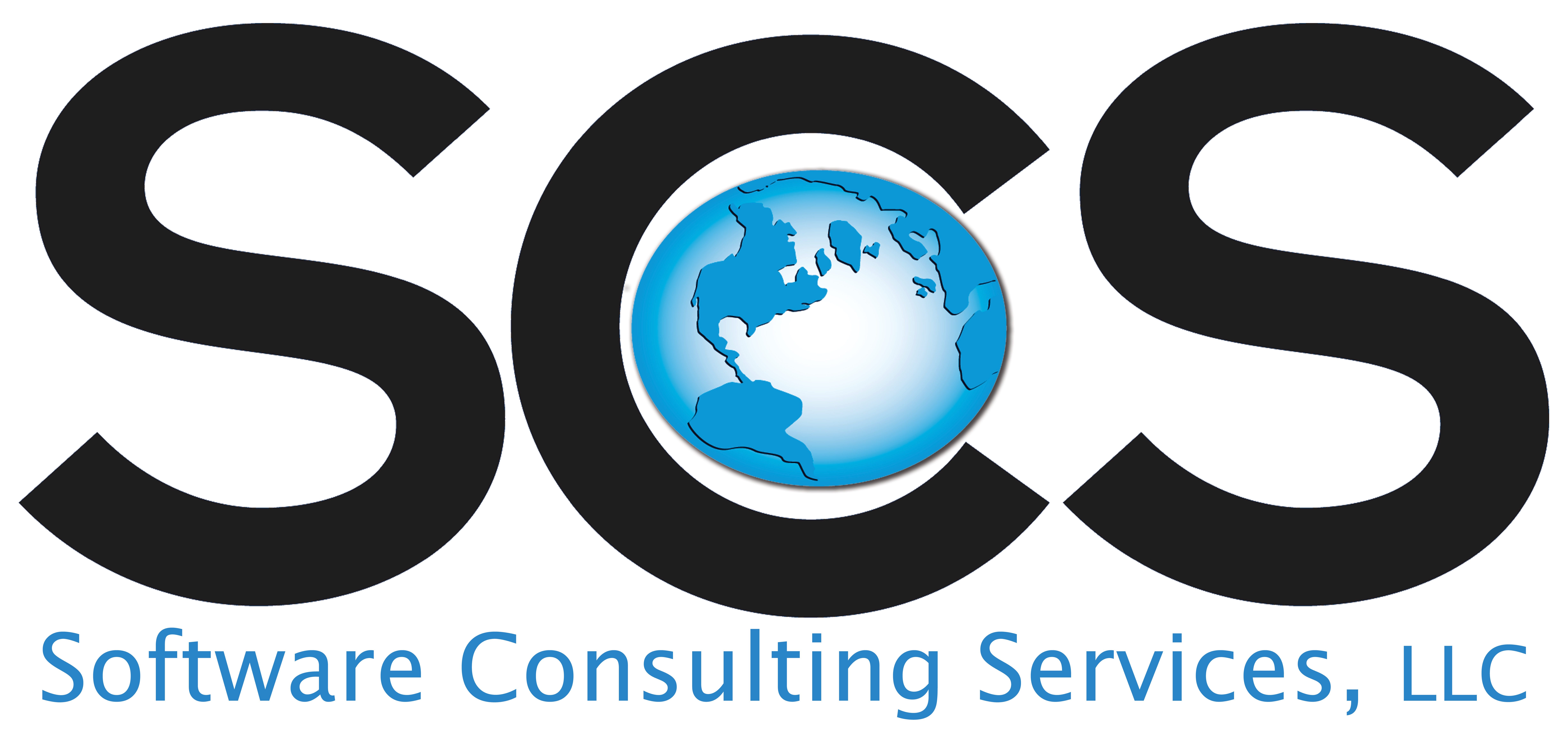Economics Will Impact Local Communities!
I received a few responses last year when I wrote on the topic of inflation and the negative impact on our local communities. Many indicated inflation wasn’t going to be problematic and we had nothing to worry about. Let me repeat a quote I used then that is appropriate now. Kevin Brady said, “Inflation destroys savings, impedes planning, and discourages investment. That means less productivity and a lower standard of living”. While directed at every American, it is also directed at every business and community. Let’s revisit inflation, product shortages and labor costs and how that impacts every community, regardless of size in a very big way.
We have all heard of the law of ‘Supply and Demand’. The concept of ‘supply and demand’ usually determines the price we pay for our goods and services. As we have seen since the dawn of civilization, when demand outpaces the available supply, prices will escalate. Inversely, when the demand falls, prices will tend to fall and equalize over time as well. This makes sense and most people understand this basic economic concept.
Another basic law indicates high prices are often cured by the impact of high prices. There may be a few exceptions to this rule, however when the economy is allowed to function free of government intervention, the competition brought about by the high prices, which are due to shortages of supply, typically drive prices back down over time.
While both of the laws above are fundamental, the next consideration is the timeline it takes for the laws to play out. One recent example might be the household toilet paper shortage brought about by the rapid increase in demand during the early days of COVID. While the shortage happened almost overnight with everyone staying home, it took only a few months to overcome as producers ramped up production by retooling their factories, thus increasing the supply which lowered demand. Both laws played out exactly as economics indicate it should. However, what happens when that shortage is a lack of lumber, or products requiring commodities to be extracted from the ground, or plastics which are derived from oil which is being assaulted politically? When this occurs, you can be sure those supply issues will be around longer than simply a few weeks or months.
Labor tends to follow the first two laws, albeit, in a trailing fashion. When you have shortages and continued high demand, over time this tends to drive up wages as well. Without arguing about what is good, bad, right, wrong, left or right, I tend to view these economic laws as ‘just what is’.
While discussing economics, we should mention inflation. When you double the amount of dollars in circulation over one year, you can bank on inflation running very hot. The only question will be the impact of the inflationary pressure on prices throughout the supply chain and for the consumer.
The question for your community is this, how will all this impact our community in the coming months and years? First, expect continued inflationary pressure on nearly every product you need to transform your community. Expect shortages on various supplies to last much longer than usual. In some cases, we might see some easing on things such as lumber, but nothing is sure in a marketplace seeking to find balance. Labor costs are a two-edged sword, but the sharp edge of the sword tends to dominate the equation. On one hand, higher wages do provide workers with more spendable income. On the other hand, they also tend to drive up costs adding to the increase in goods and services. So, while workers make more, they are spending more for what they purchase, negating that increase creating a vicious cycle. Inflation is the most deadly and unseen tax most consumers and communities forget to consider.
As community leaders, it is critical to understand economics in these times. Knowing what to expect economically can help city leaders better plan for the future. Knowing how the supply chain works can help business owners think ahead, being better prepared. By chambers better understanding how this impacts their city, business, and consumers, it will help them to better chart their most productive course. Far too many communities sit back and let what comes be as it may. That is the last thing you want to do. Be proactive, plan, and be prepared. You will be miles ahead of most communities that haven’t a clue as to what is coming down the road.
John Newby, is a nationally recognized Publisher, a Community, Chamber, Business & Media consultant & speaker. His “Building Main Street, not Wall Street,” column runs 60+ communities around the country. The founder of Truly-Local, dedicated to assisting communities, their businesses and local media to build synergies, thus creating more vibrant communities. He can be reached at: info@Truly-Localllc.com.

















